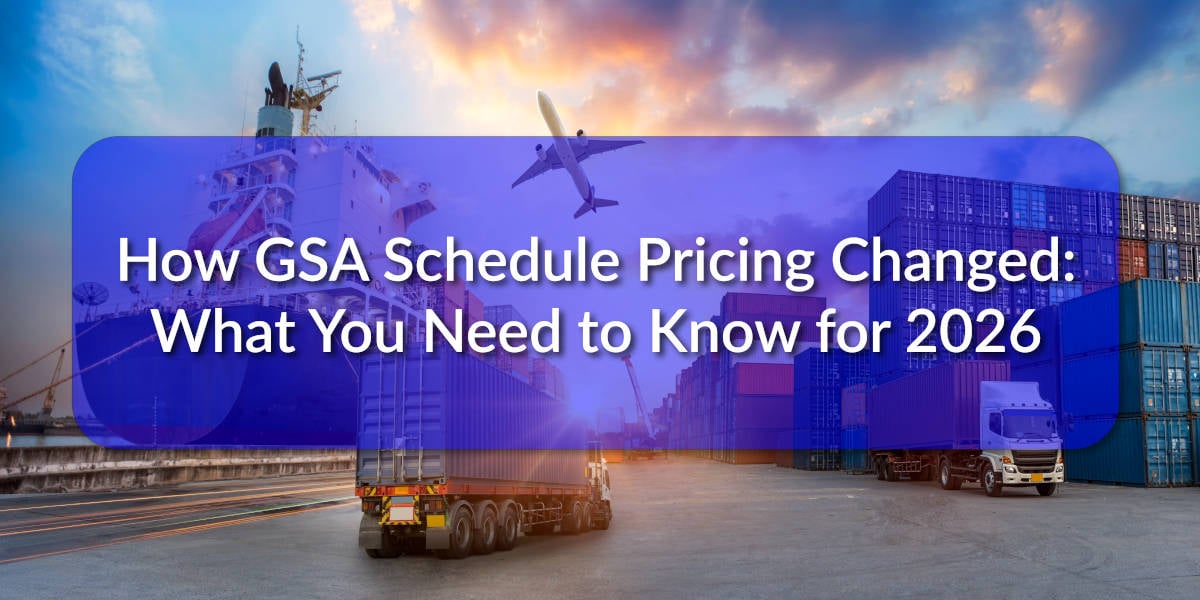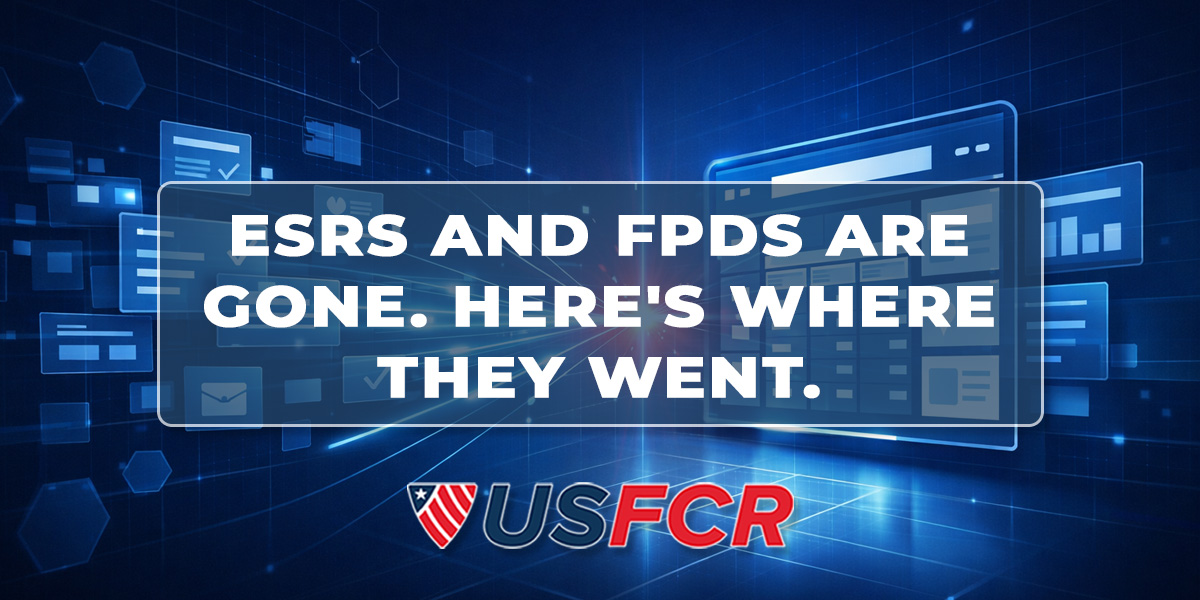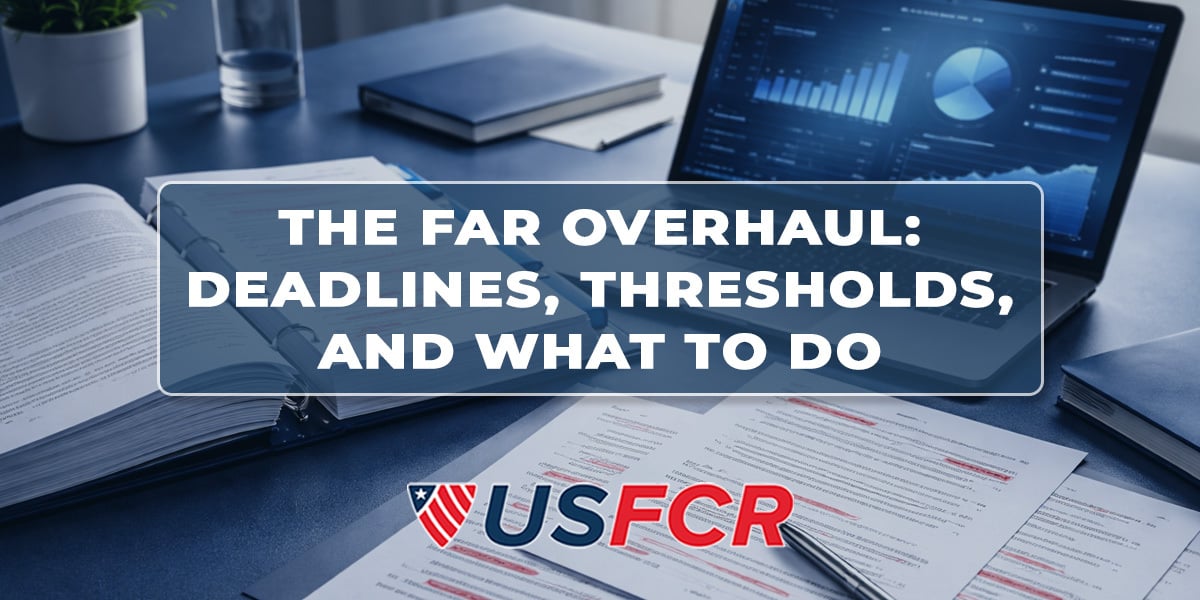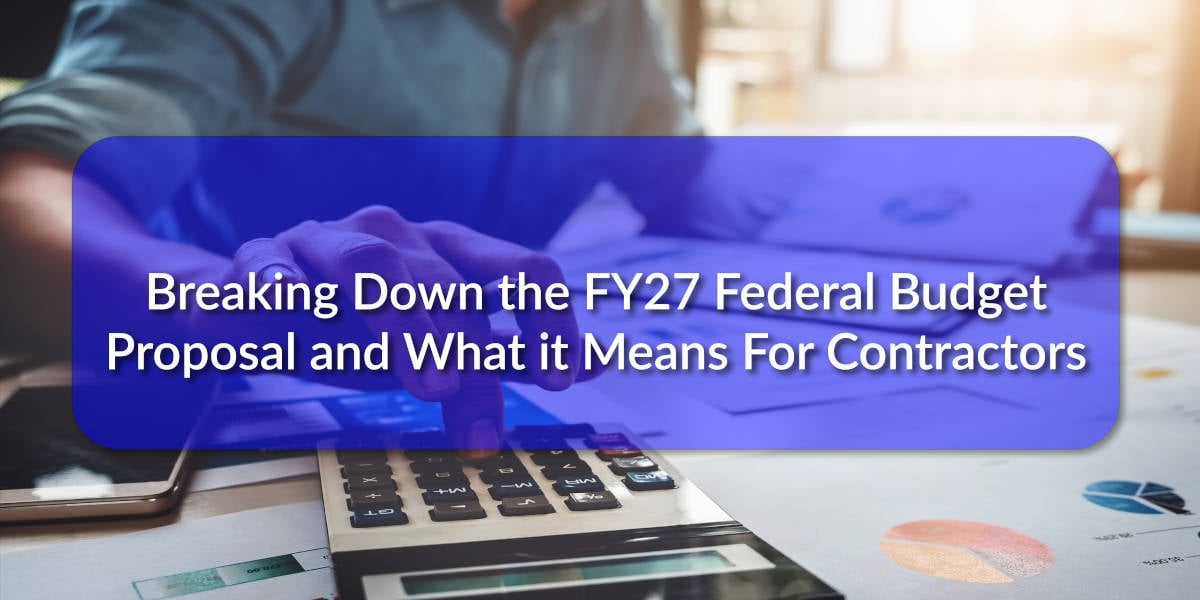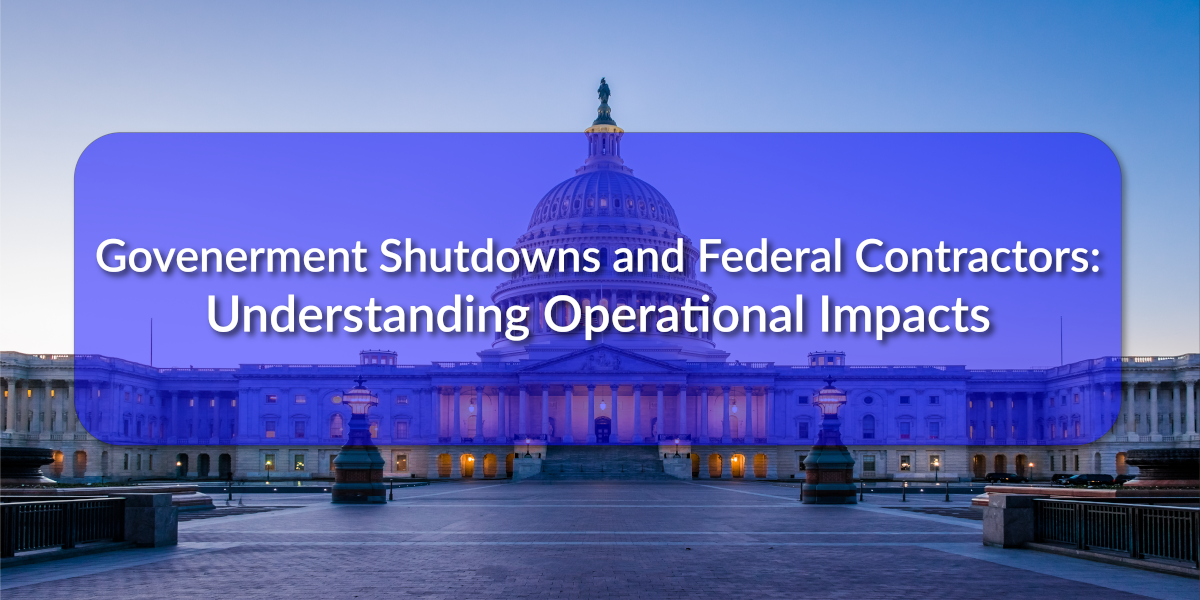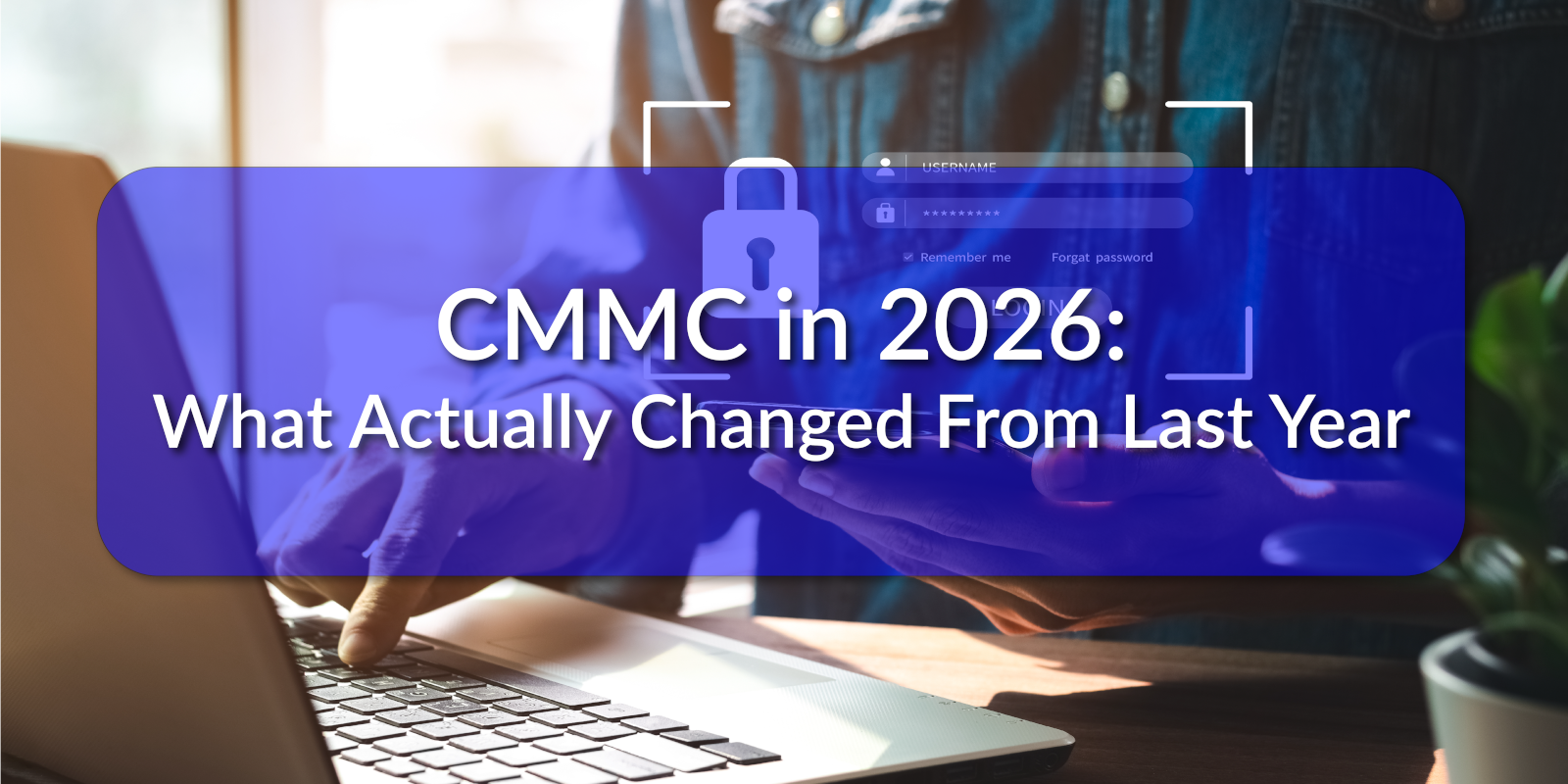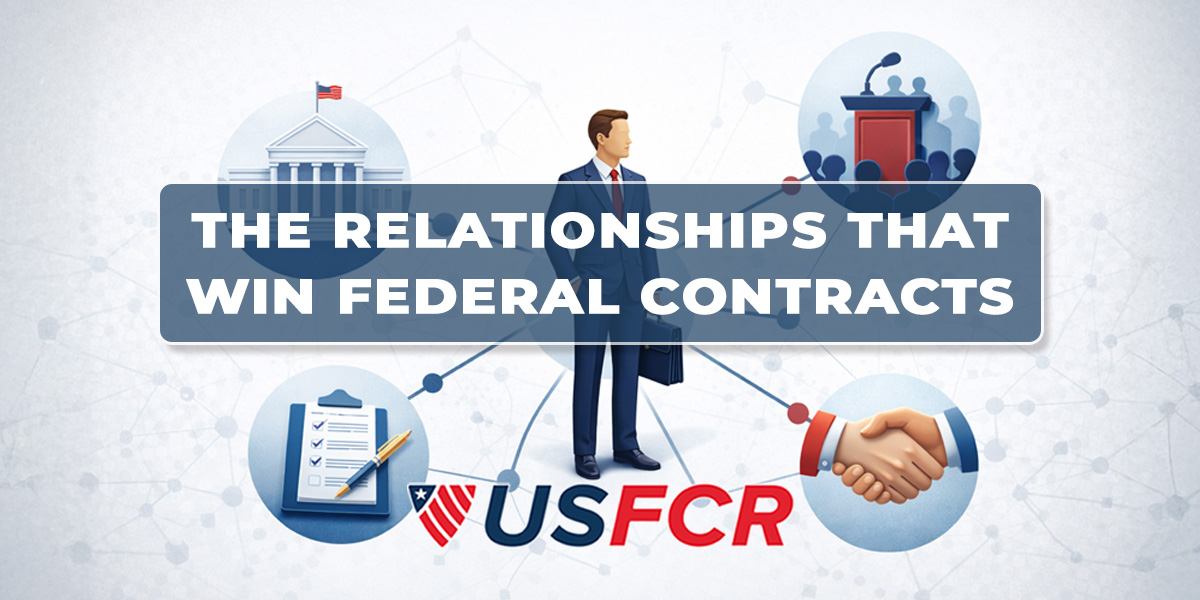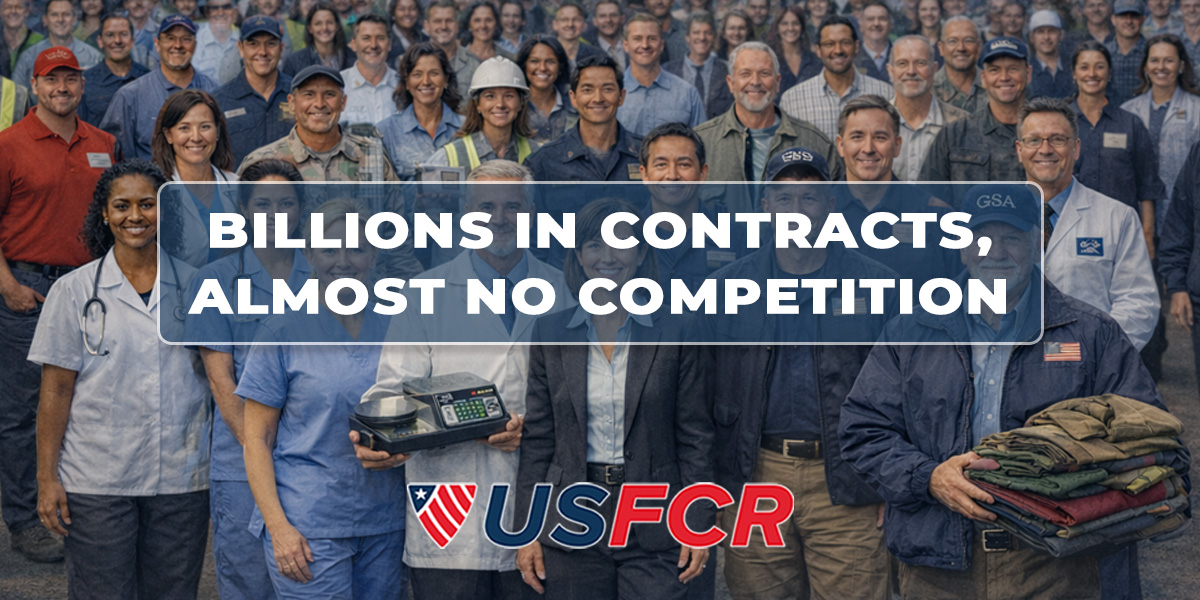How GSA Schedule Pricing Changed: What You Need to Know for 2026
Feb 26, 2026 10:30:00 AM / by Kyle Hayes posted in General Services Administration (GSA), Guides, News, Federal Spending
SAM.gov Just Absorbed Two More Federal Systems: What Contractors Need to Know
Feb 25, 2026 10:05:24 AM / by USFCR posted in News, Registration & Compliance Management
If you tried to log into eSRS.gov in the last few days, you already know something changed. The site is gone. And if you use FPDS.gov to research federal contract data, that's shutting down tomorrow.
Changes to the 8(a) Business Development Program in 2026
Feb 24, 2026 10:30:00 AM / by Kyle Hayes posted in Guides, News, Set-asides
If you hold a federal contract or you're planning to bid on one this year, the rules you learned are changing underneath you. Not eventually. Not theoretically. Right now.
The federal government is in the middle of something called the Revolutionary FAR Overhaul. That's the official name. The Federal Acquisition Regulation, the rulebook that governs how the government buys everything, is being rewritten from the ground up. The first wave of changes already took effect on February 1, 2026. More are rolling out every few weeks. And the biggest shifts hit by June 30.
This isn't a minor policy tweak. It's the most significant rewrite of federal buying rules in decades. For small businesses, some of these changes are genuinely good news. Others require immediate attention.
FY27 Budget Proposal: What It Means for Contractors
Feb 10, 2026 10:30:00 AM / by Kyle Hayes posted in Guides, News, Federal Spending
CMMC in 2026: What Actually Changed From Last Year
Jan 29, 2026 12:57:30 PM / by Kyle Hayes posted in Guides, News, cmmc
A lot of teams treated 2025 like a warm-up lap. Policies were “final,” but awards didn’t consistently test readiness.
Contracting Opportunities From Winter Storm Fern (January 2026)
Jan 26, 2026 12:37:24 PM / by Kyle Hayes posted in Guides, News, Disaster Relief
Winter Storm Fern isn’t just a weather story. It’s a continuity-of-operations mission.
You've registered in SAM, checked all the boxes, and set up your email alerts. Now you're waiting for the perfect opportunity to land in your inbox. Months pass. Maybe you bid on a few things and hear nothing back. Meanwhile, you're watching companies with similar capabilities win contracts you never even knew existed.
You've probably heard that federal contracting is competitive. And in IT services or professional consulting, that's true: dozens of companies fighting over the same contracts, racing to the bottom on price.
But here's what most contractors don't realize: there are entire industries where government agencies struggle to get even a single bid. Not five bidders. Not three. One.
